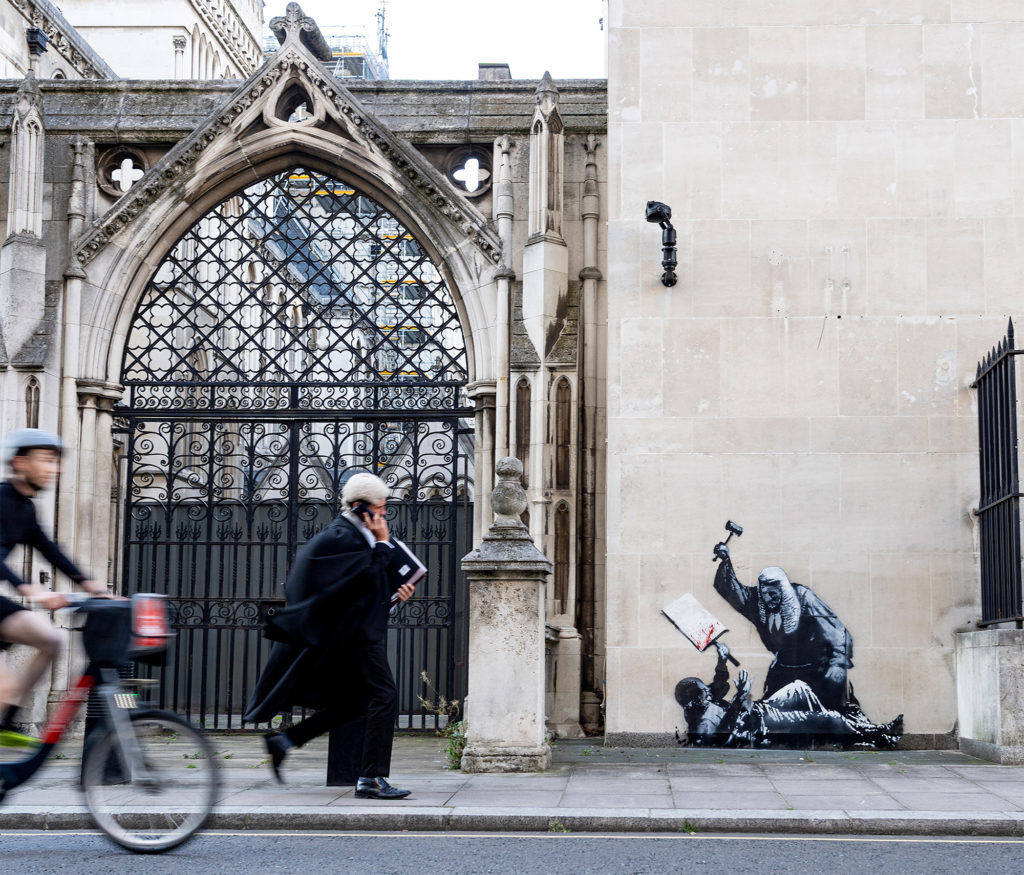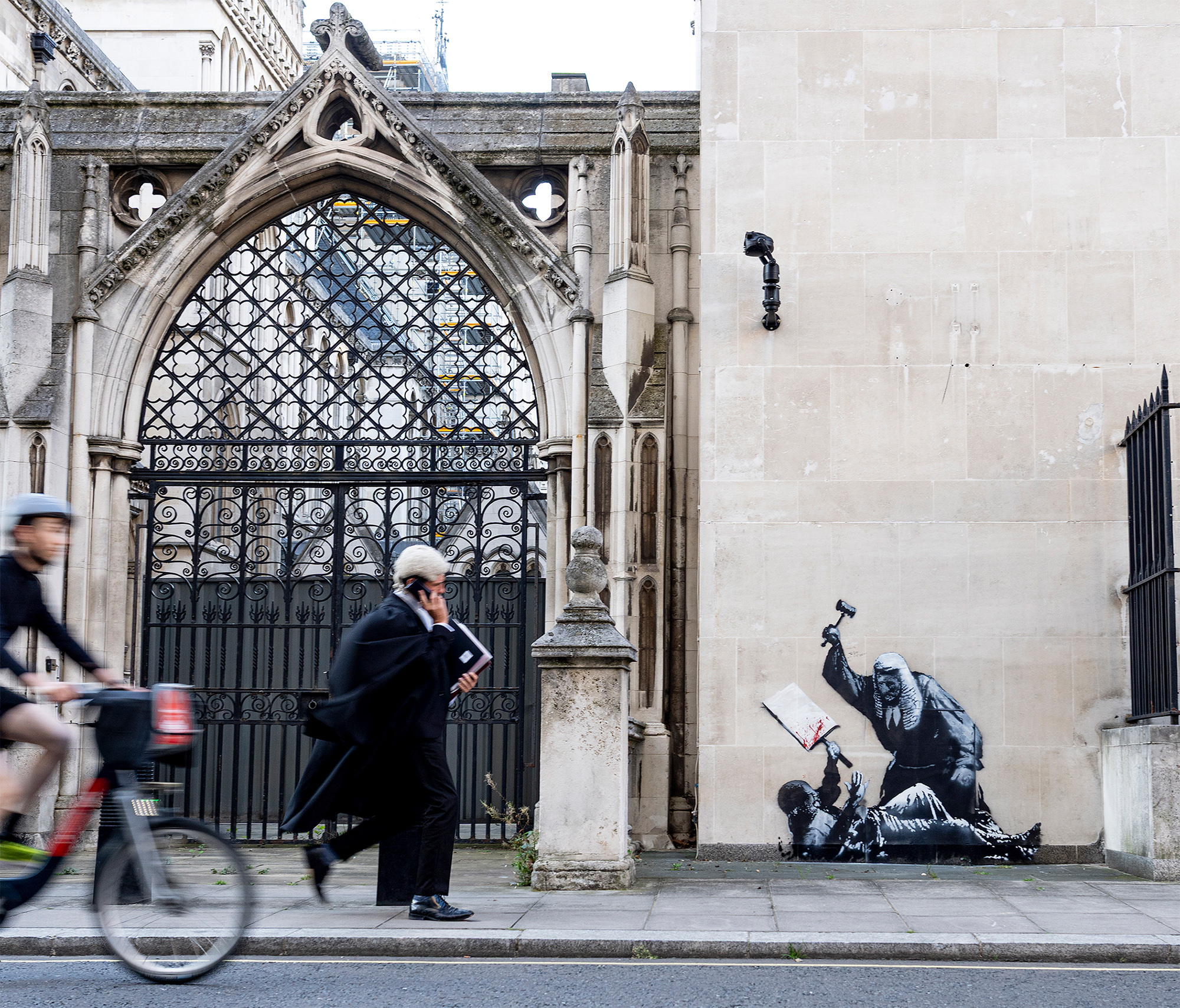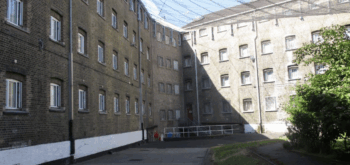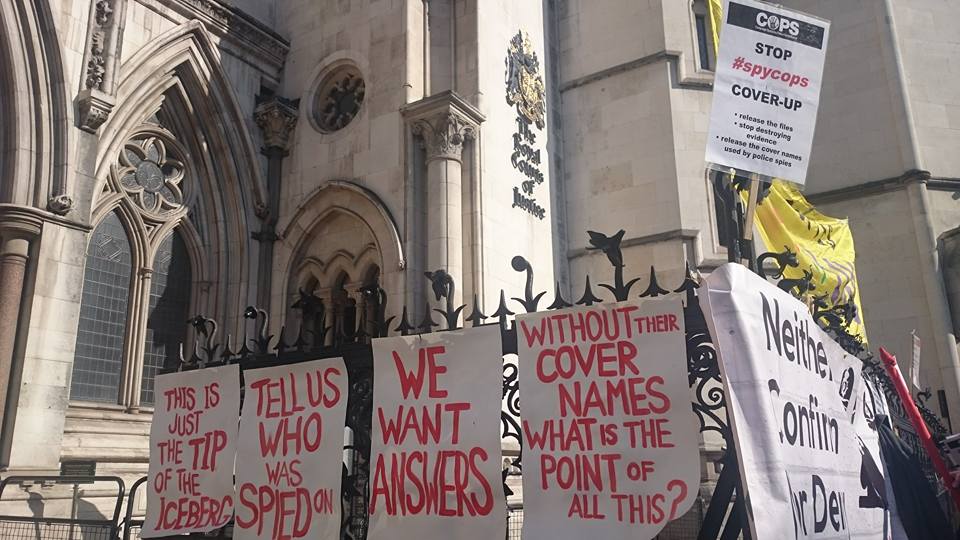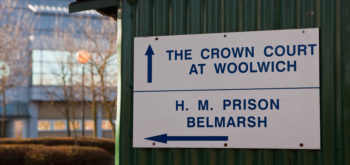The start of the Labour Party’s annual conference this week will be met with a wave of nationwide protests in response to the proscription of Palestine Action. The group, now banned as a terror organisation, have announced these protests will conclude with a national mobilisation in Parliament Square on 4 October.
The plans were announced by the campaign group Defend Our Juries as backlash intensifies over the UK government’s decision to ban Palestine Action; the first time a protest group has been proscribed under counterterrorism legislation.
The organisation of these protests follows recent escalations in the policing of public demonstrations. On 6 September, over 890 individuals were arrested during a protest in Westminster, many for holding signs reading, ‘I oppose genocide. I support Palestine Action.’ The Metropolitan Police stated most were taken to custody as they refused to provide their details or were found to have been on bail. Defend Our Juries note that over 1,100 people have already signed up for the October demonstration fully aware of the legal risks, including potential arrest and prosecution, and plan to hold similar placards.
A spokesperson for Defend Our Juries explained that the demonstrations ‘will present an unprecedented challenge to the enforcement of this unjust ban’, with the Police Federation itself already warning that policing these protests is ‘unsustainable’.
Earlier this year, more than 40 legal scholars signed a letter to the then Home Secretary, Yvette Cooper, and called for an independent inquiry into the Met’s policing of pro-Palestine protests, describing it as ‘a disproportionate, unwarranted and dangerous assault on the right to assembly and protest’.
Tensions have been further heightened by the Labour Party’s decision to rule out debate on approximately 30 motions related to Palestine at its upcoming conference, stating that the issues were already covered in the National Policy Framework report.
Several groups, including Stop the War, the Palestine Solidarity Campaign, and the People’s Assembly, have backed the demonstrations. The People’s Assembly explained their involvement in the protests stating that ‘while the government slashes funding for our NHS, schools, housing, and welfare, it is pouring billions into war, weapons, and fueling global conflicts. This is austerity and militarism working hand in hand, and we reject it.’
The demonstrations come at a time of growing tension in the UK over protest rights and political expression. Pro-Palestine protests have been taking place frequently across the UK in recent months and continue to draw a heavy police presence, with increased surveillance and arrests reported. The policing demands has placed significant strain on resources, compounded by delays in the court system as charges against protesters take weeks to process.
The debate around the policing of protests was captured by street artist Banksy’s recent artwork at the Royal Courts of Justice, depicting a clash between a barrister and a protester which was quickly removed, underscoring ongoing tensions between state authority and the right to protest. Defend Our Juries commented on the artwork saying that it ‘powerfully depicts the brutality unleashed by Yvette Cooper on protesters by proscribing Palestine Action.’
At the same time, significant police resources have been required at the wave of asylum hotel protests where demonstrators have expressed opposition to immigration and refugee policies. The recent far right rally in London, thought to be the largest nationalist event in a decade, also saw violent classes with the police. The protest saw 26 officers injured, four seriously injured, and 25 arrests.
Anti-racist protestors have pointed to the difference in police response as evidence of what they describe as a ‘two-tier policing’, citing the difference in numbers of arrest at the pro-Palestine protests compared to the far-right protest, which involved violence and anti-Muslim hate speech.
